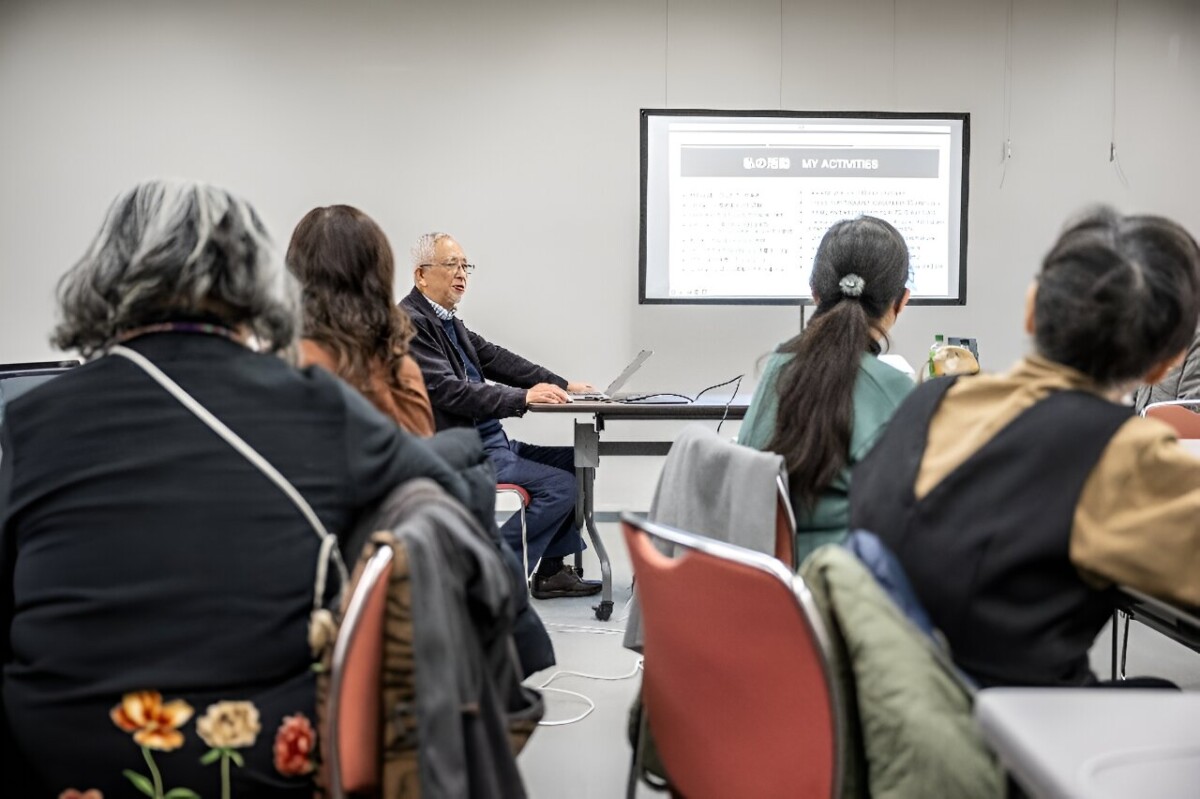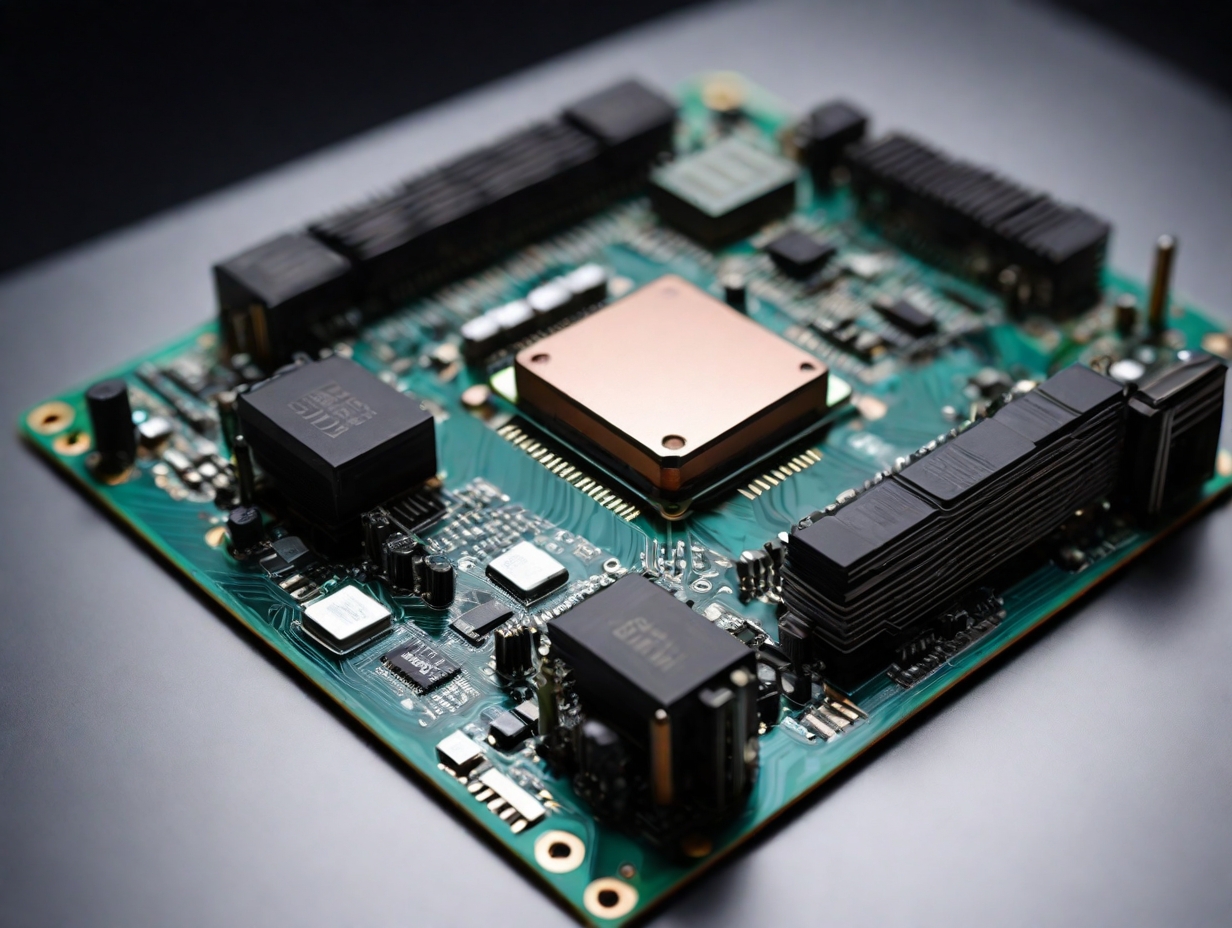As the legislative year in Michigan draws to a close, Democratic leaders have achieved notable progress in promoting essential bills related to the state’s electoral procedures. This week, particular attention has been given to two vital packages centered on shielding poll workers from harassment and overseeing the use of artificial intelligence (AI) in political advertising. These initiatives signify an ongoing commitment to strengthen Michigan’s electoral system, expanding on the previously endorsed Proposal 2, which aimed to protect voters from intimidation and harassment.
A step towards ensuring democratic integrity
The first package seeks to establish comprehensive protections for the state’s election workers, who play a pivotal role in upholding the democratic process. Proposals to shield these workers aim to deter any form of harassment that may impede their vital duties during elections. Representative Kara Hope, D-Holt, emphasized the importance of safeguarding these individuals, who often engage in temporary, low-paying work out of a sense of civic duty. Under the proposed legislation, individuals found guilty of intimidating election workers could face imprisonment for up to five years and/or fines up to $1,000, escalating with each subsequent offense.
Debates and concerns surrounding the bill’s language and potential implications have emerged, with some arguing that existing laws already offer protection to election workers. Representative Josh Schriver, R-Oxford, raised apprehensions about the scope of the bill and its potential impact on the court system, particularly concerning the protection of poll challengers. Conversely, Hope assured that the bill would only apply in instances where there is a deliberate attempt to disrupt the electoral process.
AI regulation in political Ads: Ensuring integrity and transparency
In a parallel effort, the House passed bills aiming to regulate and curb the deceptive use of artificial intelligence in political campaign advertisements. These bills, numbered 5141 through 5145, specifically target the proliferation of deepfakes – a form of manipulated media created using AI, often presenting individuals saying or doing things they never did. Representative Penelope Tsernoglou, D-East Lansing, emphasized that these legislative measures aim to establish essential guardrails for AI technology, thereby bolstering the integrity of upcoming elections. The bills mandate that any AI-generated content featuring candidates or ballot questions must include clear on-screen disclosures similar to those required for political mailer ads. Additionally, AI-generated videos and audio segments would be required to include a three-second disclosure at the beginning or end.
Republican representatives, while showing some support for the bills, raised concerns about potential misuse and the implications for free speech. Representative Rachelle Smit, the leading Republican on the House Elections Committee, cautioned against the possible misuse of power that might infringe upon the First Amendment. Despite differing perspectives, these bills received significant support from the Democratic side, with proponents highlighting the critical need to prevent the misuse of AI in political advertising.
As the legislative session nears its end, lawmakers are considering several additional electoral measures, including bills to prohibit the carrying of firearms, even concealed, within polling places, and proposals to allow 16- and 17-year-olds to preregister to vote. With the current session extending until 2024, pending bills not addressed in 2023 will be revisited next year, underscoring the ongoing commitment to fortify Michigan’s electoral framework.
As the Senate prepares to deliberate on these bills in the coming week, the trajectory of these legislative efforts will likely shape the state’s electoral landscape for years to come. Amid growing concerns about the integrity and security of the electoral process, Michigan’s policymakers remain steadfast in their commitment to reinforce the state’s democratic foundations.





